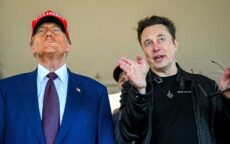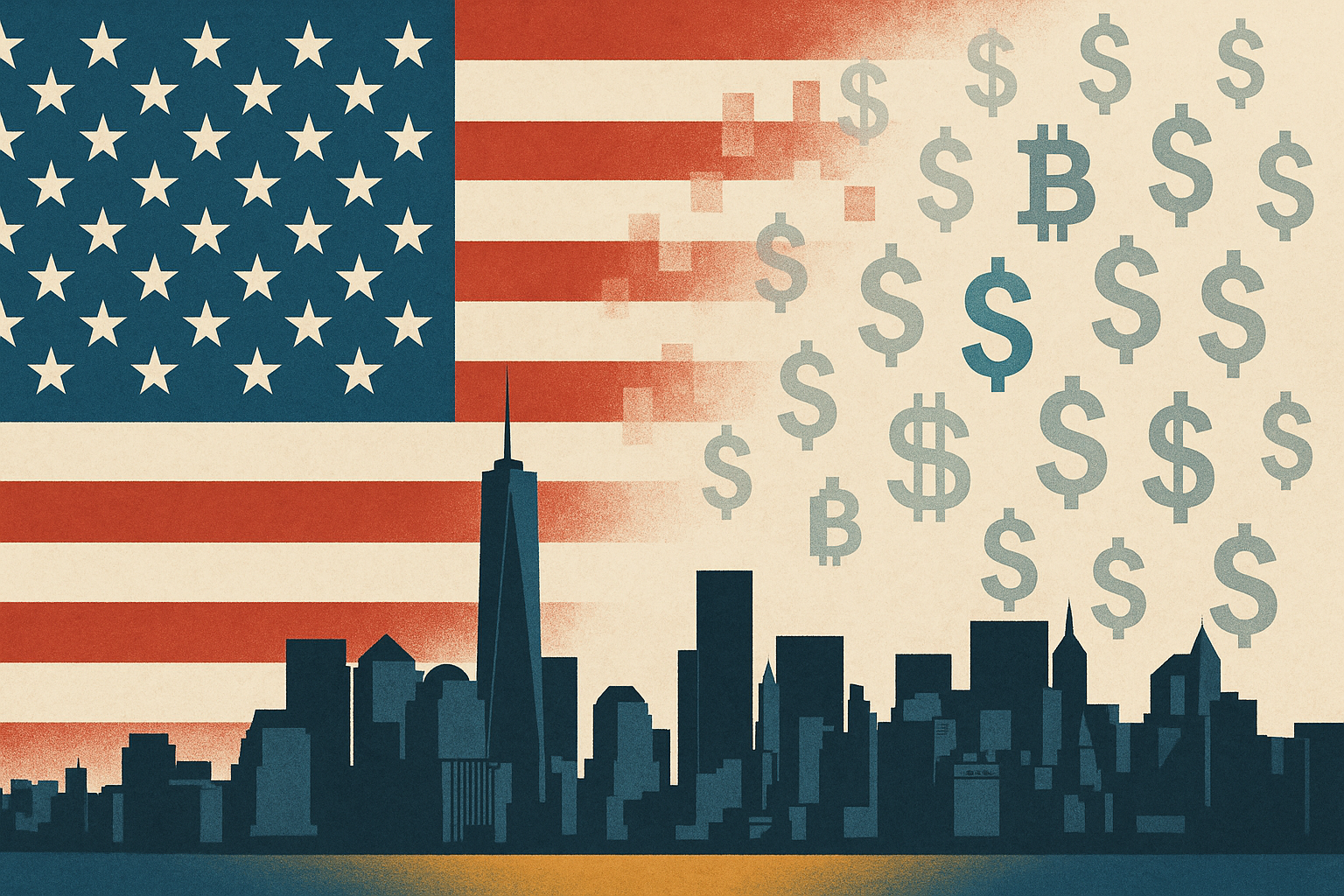Tesla Begins Search for New CEO as Musk Retreats from Political Role
Tesla has reportedly launched the search for a new chief executive officer, marking a significant turning point for the electric vehicle (EV) pioneer as it contends with plummeting profits, stalling sales, and intensifying blowback over Elon Musk’s increasing political entanglements.
The leadership shake-up comes amid rising investor unrest following a dramatic 71% fall in quarterly profits. The company reported net earnings of $409 million in the first quarter, a steep drop from $1.4 billion during the same period last year. Tesla’s share price has tumbled nearly 40% since January, although there was modest recovery after its Q1 earnings announcement.
According to the Wall Street Journal, Tesla’s board of directors began considering succession options earlier in the year, as concerns mounted over Musk’s dual responsibilities—as Tesla’s CEO and head of the newly created Department of Government Efficiency (DOGE), a political post under US President Donald Trump. The board reportedly initiated the executive search without Musk’s prior knowledge.
Faced with mounting pressure from stakeholders, Musk confirmed during a shareholder call that he intends to reduce his commitment to government duties starting in May, promising to refocus on Tesla. “Starting next month, my time allocation to DOGE will drop significantly,” he said, while noting he still plans to contribute one or two days a week to the government agency.
The billionaire’s political affiliations have increasingly alienated core segments of Tesla’s customer base, particularly those drawn to the brand for its alignment with environmental innovation and progressive values. Musk’s vocal support of Trump and other right-wing populists has been criticised by former allies and long-time fans of the company. In recent months, Tesla dealerships have seen rising protest activity, and a grassroots campaign called Tesla Takedown has claimed responsibility for helping shift public sentiment. “Today’s earnings report sends a very clear message: the Tesla Takedown grassroots pressure is beginning to hit Tesla where it hurts — the company’s bottom line,” the group said in a statement.
Tesla maintains its position as the top-selling EV brand in the United States, but its dominance is weakening in the face of intensifying competition. Global automakers such as BYD, Rivian, Hyundai, and General Motors have begun launching EV models that are often more affordable or offer better performance, range, or charging capabilities. According to Bloomberg, BYD recently overtook Tesla in global EV sales during one quarter, signalling a shifting tide in the market.
In its financial disclosure, Tesla partly attributed its recent downturn to external factors—including volatility in global supply chains and a challenging geopolitical landscape. It specifically cited President Trump’s economic strategy involving reciprocal tariffs, which included a bruising 145% tariff on Chinese auto imports. Analysts say these policies have created headwinds for many automakers, who rely heavily on international supply chains and components sourced from China. The policy shift has alarmed the wider automotive industry, with companies such as Ford and Honda urging moderation to avoid further disruption to EV adoption and manufacturing costs.
Despite the challenges, Tesla confirmed it remains committed to its long-term vision. The company is proceeding with plans to launch a low-cost EV model priced at $25,000, slated for early 2025. However, it admitted that the cost efficiencies originally forecast are now unlikely to fully materialise. Tesla also reiterated its ambitions around autonomous driving and humanoid robotics—areas Musk claims are central to Tesla’s future growth.
In tandem with the CEO search, the board is also seeking to appoint an additional independent director to bolster corporate governance as scrutiny intensifies. This follows increased calls from institutional investors for clearer separation between corporate leadership and political positioning—a refrain that has only grown louder as Musk’s public persona increasingly overshadows Tesla’s business strategy.
President Trump, for his part, publicly praised Musk’s role in DOGE this week, remarking that the entrepreneur might now want “to get back home to his cars.” Musk responded with appreciation, acknowledging Trump’s support while noting that the political spotlight has created reputational “headwinds” for Tesla.
With Musk pledging to return his focus to Tesla’s core mission and a new leadership chapter possibly on the horizon, the company faces a crucial reckoning. Once considered the uncontested leader in sustainable transport, Tesla must now work to reclaim customer trust, stabilise its share price, and fend off mounting competition—all while navigating an increasingly polarised political climate.
The coming months will prove critical in determining whether Tesla can regain momentum and reaffirm its place at the forefront of the EV revolution.
Further reading:
– Tesla launches CEO search amid stock plunge and political fallout (Business Matters Magazine)
– BYD edges out Tesla in quarterly EV sales for first time (CNBC)
– US auto industry reels from 145% tariff on Chinese EVs (Reuters)
– Elon Musk’s political influence polarises Tesla customer base (The Guardian)
– Tesla confirms plans for $25,000 EV despite rising costs




